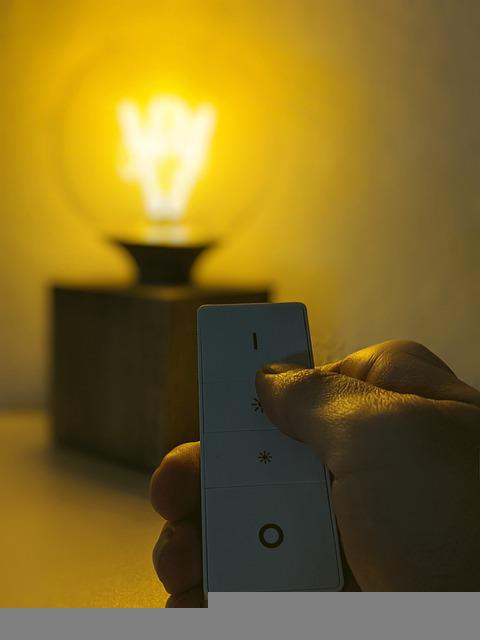One of the most important things you need to be a great coach is a container that has 3 key elements: rapport, trust, and safety.
Because when clients feel connected to you, when they trust you implicitly, and when they feel that sense of rapport, that’s when they can let their “guard” down.
The things people like to hide (such as their deepest fears, their darkest thoughts, and their biggest worries) are the things you want them to share. Because it’s those things that are stopping them from making progress.
The process in which my clients open up is like dimmer switches. During our sessions, they have different levels of openness.
When we first meet for our session, we both have our “dimmers” turned on — fully closed because we just don't know each other yet.
It takes time for us to build up trust and rapport so that we can become comfortable with one another, which means we'll both start turning up our “dimmers”.
It’s a process until we reach a point where both of us are fully open and vulnerable with each other — and this is where real breakthroughs happen.
But, how do we achieve that?
The ‘matching and mirror’ technique
A great technique that I learned in NLP years ago is matching and mirroring. Here are two subtle ways in which we can copy our clients:
Match their voice tone, like if they're speaking softly, you can speak softly. If they're speaking slowly, you speak slowly. If they're talking louder, you can talk louder!
Match by repeating what they say, but in your own words, so they know you truly heard them.
The ‘parrot phrasing’ technique
Another technique I learned is saying the exact words back to them because it makes them think: “Oh, you got it. You get me!”
The ‘things in common’ rapport builder technique
Similar experiences build rapport. If you went through a comparable experience, that will develop rapport.
Commonalities like preferred sports, where they grew up, or a childhood dessert create rapport.
The final takeaway about building rapport is genuinely praising the client. Tell them how much you loved that they shared, and how brave it was. Boom!
You passed their test, they tossed something out, and you praised them for it. They'll do it more. Also, some clients won't disclose much but it doesn't mean your coaching won't help them. It's a dimmer switch, not an on/off switch.
How much do they trust you? How much do they tell you? The brighter you can help them raise their light, the better.
But rapport is not enough. You also need to create safety and trust. And it comes from creating an energetic space between you and the client.
How do you create this space? Stay tuned for our next blog post to find out!
